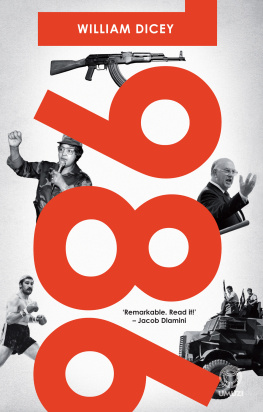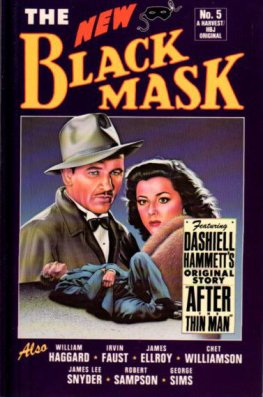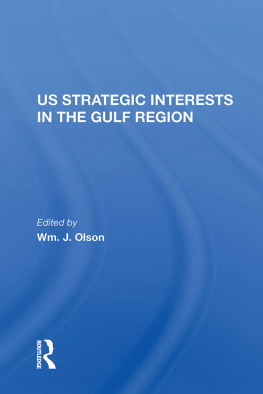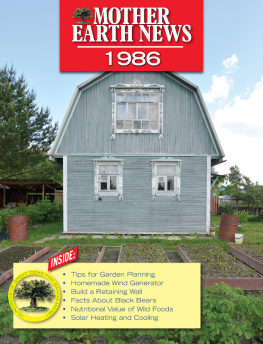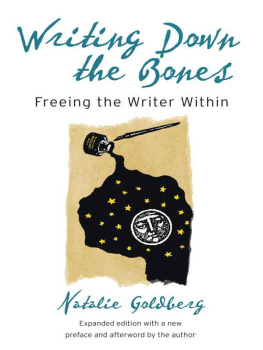William Dicey - 1986
Here you can read online William Dicey - 1986 full text of the book (entire story) in english for free. Download pdf and epub, get meaning, cover and reviews about this ebook. year: 2020, publisher: Penguin Random House South Africa, genre: Politics. Description of the work, (preface) as well as reviews are available. Best literature library LitArk.com created for fans of good reading and offers a wide selection of genres:
Romance novel
Science fiction
Adventure
Detective
Science
History
Home and family
Prose
Art
Politics
Computer
Non-fiction
Religion
Business
Children
Humor
Choose a favorite category and find really read worthwhile books. Enjoy immersion in the world of imagination, feel the emotions of the characters or learn something new for yourself, make an fascinating discovery.
- Book:1986
- Author:
- Publisher:Penguin Random House South Africa
- Genre:
- Year:2020
- Rating:3 / 5
- Favourites:Add to favourites
- Your mark:
- 60
- 1
- 2
- 3
- 4
- 5
1986: summary, description and annotation
We offer to read an annotation, description, summary or preface (depends on what the author of the book "1986" wrote himself). If you haven't found the necessary information about the book — write in the comments, we will try to find it.
1986 — read online for free the complete book (whole text) full work
Below is the text of the book, divided by pages. System saving the place of the last page read, allows you to conveniently read the book "1986" online for free, without having to search again every time where you left off. Put a bookmark, and you can go to the page where you finished reading at any time.
Font size:
Interval:
Bookmark:
Table of Contents
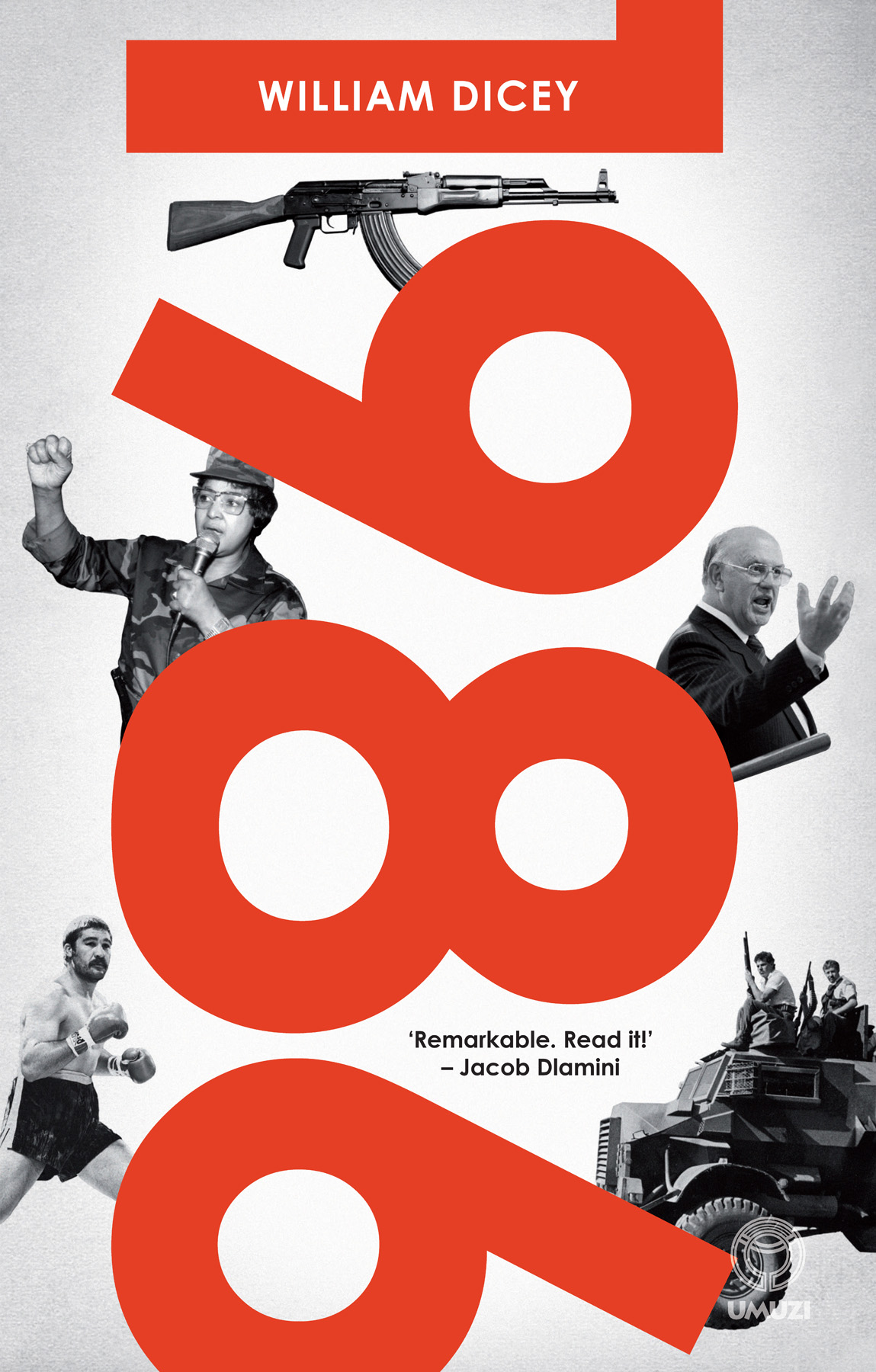
1986
If the title of William Diceys remarkable book calls to mind George Orwells classic, that is because it, too, is about a dystopia, a country where things were not what they seemed and words did not mean what they meant; a country where apartheid meant separate developmentnot the assassinations, the exploitation, the forced removals and the rank racism that were, in fact, the very definition of its system of rule. This was a place so mired in doublespeak that one journalist felt compelled to attach an adjective to the word reform, lest his use be mistaken for the cynical spin that the government had attached to it. This book does not make for comfortable reading. But, then again, no book about South African history should. Read it!
Jacob Dlamini

Published in 2021 by Umuzi, an imprint of
Penguin Random House South Africa (Pty) Ltd
Company Reg No. 1953/000441/07
The Estuaries No. 4, Oxbow Crescent,
Century Avenue, Century City, 7441, South Africa
P O Box 1144, Cape Town, 8000, South Africa
www.penguinrandomhouse.co.za
2021 William Dicey
All rights reserved.
No part of this book may be reproduced or transmitted in any form or by any means, mechanical or electronic, including photocopying and recording, or be stored in any information storage or retrieval system, without written permission from the publisher.
While every effort has been made to trace and acknowledge copyright holders, this has not been possible in a few instances. If brought to our attention, the publishers will be pleased to rectify any such omissions in future editions.
First edition, first printing 2021
1 3 5 7 9 8 6 4 2
ISBN 978-1-4152-1052-9 (Print)
ISBN 978-1-4152-1065-9 (ePub)
Cover design by Michiel Botha
Cover images: AK -47 Shutterstock; Winnie Mandela, PW Botha and Gerrie Coetzee Gallo Images; Casspir Gideon Mendel
Image of dress shop window, Johannesburg, 1986 Lesley Lawson
Text design by William Dicey
Set in Aldus 11/14
for Hannah

The Argus, 31 December 1985
ON 1 JANUARY 1986, in the early hours of the morning, a band of vigilantes invaded Moutse, a rural district adjacent to the self-governing homeland of KwaNdebele. Wielding axes and guns, they abducted several hundred men and boys from their villages and took them to a community hall in Siyabuswa, the capital of KwaNdebele. The floor of the hall was awash with soapy water and cooking oil. The vigilantes forced the villagers to strip naked and to exercise until they dropped from exhaustion. The vigilantes then flogged their captives with quirts and sjamboks as they flailed about in the slippery grime.
The torture lasted a full day and was personally overseen by Simon Skosana, the chief minister of KwaNdebele, and Piet Ntuli, the minister of the interior. The pair had recently formed the vigilante group, naming it Mbokodo, or the grindstone. Its mandate was to take action against troublemakers. Twenty people died on New Years Day, and many were later treated for injuries at a nearby hospital. When Skosana was asked by a reporter whether he and Ntuli had been involved in the abduction and torture, he replied, That is a secret of the government.
The raid was a direct result of a decision by Pretoria to incorporate Moutse into KwaNdebele. Pretoria wished to enlarge the homeland and so make it viable for independence. Moutses 120 000 inhabitants, who stood to lose their South African citizenship, opposed the move. This angered the vigilantes. Why do you hate us? they demanded of the villagers as they tortured them. Why dont you follow our leaders?
By the mid-Eighties, forced removals had become politically costly for the South African government, and it had opted instead to redraw homeland boundaries. Still, its plans for Moutse and KwaNdebele made little sense. They ran contrary to Verwoerdian theory, which sought to group people by ethnicity (the inhabitants of Moutse were Sotho, while the homeland in which they now found themselves was Ndebele). And they contradicted President P W Bothas reformist rhetoric, in particular his recent promise that homelands that did not want independence would be permitted to remain part of South Africa (the vast majority of KwaNdebeles inhabitants opposed independence).
Witnesses reported that South African security forces were present at the raid and did nothing to stop it. Some even reported that army trucks had transported the vigilantes to Moutse. Wherever Mbokodo is, said one resident, you will always see the Casspir behind them, you will always see the van behind them.
KwaNdebele had become the countrys tenth and final homeland in 1974. The state had purchased nineteen white-owned cattle farms and had installed a government, thereby transforming a tract of veld into a self-governing territory. In reality, KwaNdebele was a dumping ground for the unwanted: evicted farmworkers; people forcibly removed from black spots; non-Tswanas expelled from Bophuthatswana; and refugees from overcrowded townships. Almost all of them landed up in closer settlements, Pretorias terminology for vast rural shanty towns. When the American journalist Joseph Lelyveld visited Kwaggafontein in 1981 (many parts of KwaNdebele still bore the Afrikaans names of the original farms), he encountered a rash of closer settlements spotted over open veld. On a return visit two years later, the area had become part of a nearly continuous resettlement belt. A hillside he recalled from his first visit no longer looked like a hillside. What it had become was a slight swell in a sea of shanties.
He observes that such sights can be seen in other countries, usually as a result of famines or wars. I dont know where else they have been achieved as a result of planning. The plan, of course, was to rid South Africa of its black citizens. When this proved impractical, principally due to the labour requirements of a growing economy, the government sought instead to limit the number of blacks who stayed within the countrys borders overnight. Apartheid regulations created a commuter class, people who worked in South Africa by day and returned to the homelands at night. In essence, the closer settlements of KwaNdebele were labour dormitories. Bus stops appeared before taps or toilets.
Early one morning in 1983, Lelyveld and photographer David Goldblatt made their way to Wolwekraal depot, a fenced-off clearing in the bush in which fifty-odd Putco buses were parked. The first bus of the day had departed at 1 a.m. to fetch drivers. The next bus was scheduled to depart at 2.45, arriving at Marabastad terminal in Pretoria three hours later. At that place and that hour, remarks Lelyveld, the sight of a couple of whites on the bus was as much to be expected as that of a couple of commuting walruses.
Lelyvelds account of the journey appears in his book Move Your Shadow. He sets the scene with some background information. The bus company Putco started servicing the route between Pretoria and KwaNdebele in 1979, with two buses a day. Putco had to draw its own maps, as its buses came in right behind the bulldozers. A year later, it was running 60 buses a day, and by 1984 over 250. The cost of this service was far beyond what menial labourers could afford to pay, and so a crucial aspect of Putcos business more important even than diesel or maintenance was negotiating subsidies. By 1984, the bus subsidy was Pretorias largest single expenditure on KwaNdebele. It was larger than the homelands GDP .
Next pageFont size:
Interval:
Bookmark:
Similar books «1986»
Look at similar books to 1986. We have selected literature similar in name and meaning in the hope of providing readers with more options to find new, interesting, not yet read works.
Discussion, reviews of the book 1986 and just readers' own opinions. Leave your comments, write what you think about the work, its meaning or the main characters. Specify what exactly you liked and what you didn't like, and why you think so.

